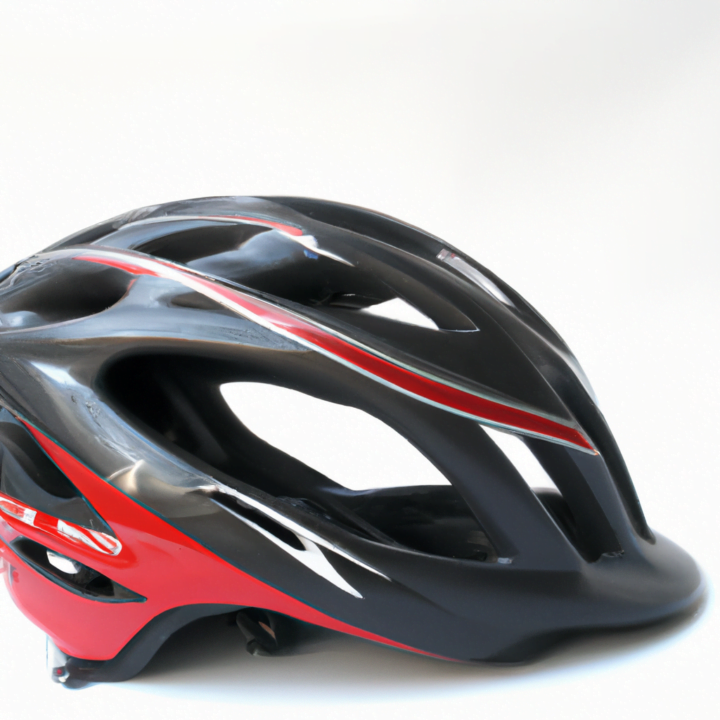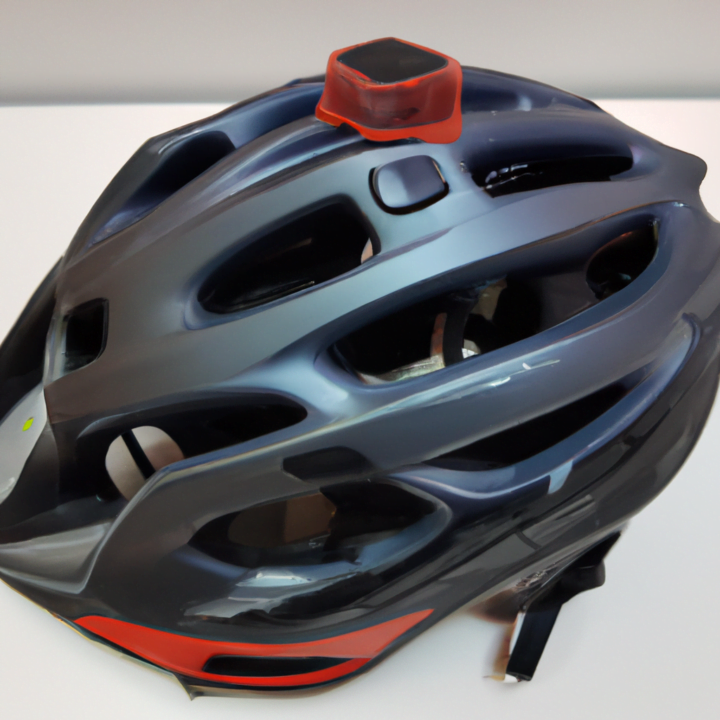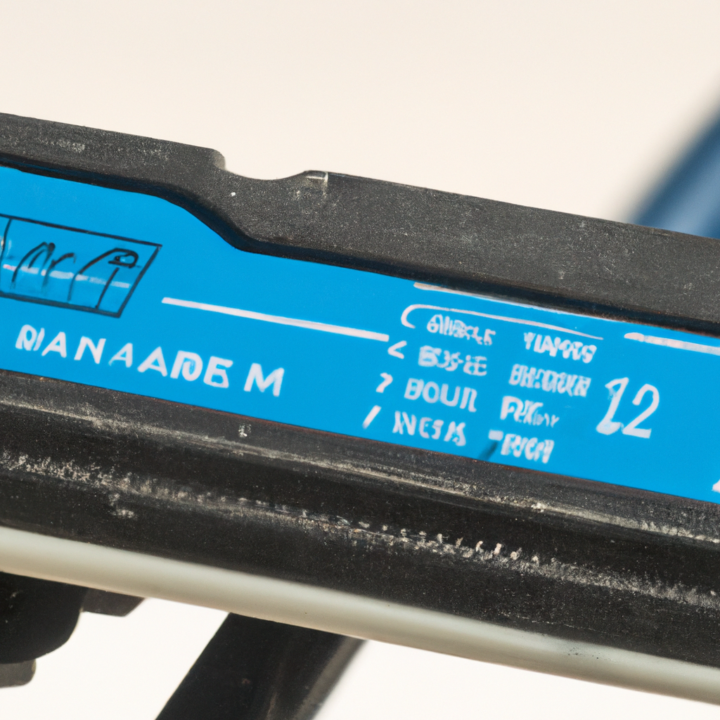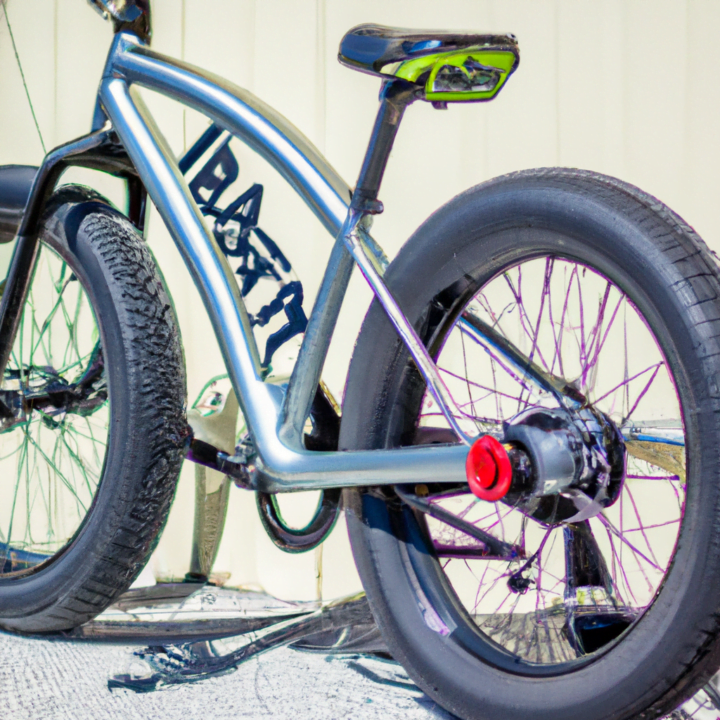Helmet Safety Standards for Electric Bikes: Ride Safer in 2023

When it comes to electric bike helmet safety, there are certain standards and regulations in place to ensure riders are protected. Electric bikes are becoming increasingly popular, and it’s important to understand the safety standards that should be met when choosing a helmet for your electric bike adventures.
In this article, we will explore the various aspects of electric bike helmet safety standards, including regulations, certifications, testing procedures, laws, features, recommendations, buying guides, safety certifications, and industry standards.
Electric Bike Helmet Regulations: Ride Legally and Safely
Table Of Contents
- Electric Bike Helmet Regulations: Ride Legally and Safely
- Electric Bike Helmet Certification: Ensuring Safety Standards
- Helmet Safety Standards for Electric Bicycles: A Focus on Protection
- Electric Bike Helmet Testing: Ensuring Quality and Safety
- Electric Bike Helmet Laws: Adhering to Regulations
- Electric Bike Helmet Features: Advancements in Safety
- Electric Bike Helmet Recommendations: Choosing the Right Helmet
- Electric Bike Helmet Buying Guide: Making Informed Decisions
- Helmet Safety Certifications: Signifying Compliance with Standards
- Electric Bike Helmet Industry Standards: Ensuring Consistency and Quality
- Frequently Asked Questions about Helmet Safety Standards for Electric Bikes
Electric bike helmet regulations are in place to outline the legal requirements for riders. These regulations vary depending on the jurisdiction you are in. It is essential to research and understand the specific electric bike helmet regulations in your area to ensure compliance and safety. By following these regulations, you can ride legally and safely, reducing the risk of accidents and injuries.
Electric Bike Helmet Certification: Ensuring Safety Standards
The certification process is crucial in ensuring that electric bike helmets meet safety standards. Electric bike helmet certification typically involves extensive testing to evaluate the helmet’s construction, impact resistance, and other essential safety features. Look for helmets that have undergone certification by trusted organizations to guarantee they meet the necessary safety standards for electric bike riders.
Helmet Safety Standards for Electric Bicycles: A Focus on Protection
Electric bicycles have specific safety standards that need to be met to ensure the rider’s protection. These safety standards include the use of helmets. Wearing an electric bike helmet is essential as it provides a protective barrier in the event of a fall or accident. By adhering to these standards and prioritizing helmet safety, riders can reduce the risk of head injuries and ride with confidence.
Electric Bike Helmet Testing: Ensuring Quality and Safety
Electric bike helmet testing is a critical part of the certification process. Testing procedures are performed to evaluate a helmet’s ability to withstand impact and provide adequate protection. These tests simulate real-life scenarios and measure the helmet’s performance under various conditions. By undergoing rigorous testing, electric bike helmets can meet the necessary safety standards and provide riders with the protection they need.
Electric Bike Helmet Laws: Adhering to Regulations
Electric bike helmet laws outline the legal requirements for wearing helmets while riding electric bicycles. These laws aim to promote rider safety and reduce the risk of head injuries. It is important to be aware of the specific electric bike helmet laws in your area and ensure compliance to ride legally and protect yourself on the road.
Electric Bike Helmet Features: Advancements in Safety
Electric bike helmets come with various features and technologies that contribute to safety standards. These features may include enhanced ventilation systems, integrated lights, visors, and advanced impact protection materials. By understanding the different features available, riders can choose helmets that offer the most comprehensive protection for their electric bike journeys.
Electric Bike Helmet Recommendations: Choosing the Right Helmet
With the wide range of electric bike helmets available, it can be challenging to choose the right one. Electric bike helmet recommendations can help guide riders in their choice by highlighting helmets that meet safety standards and offer excellent protection.
These recommendations often consider factors such as comfort, fit, and the specific safety certifications held by the helmets.
Electric Bike Helmet Buying Guide: Making Informed Decisions
A comprehensive electric bike helmet buying guide can assist riders in making informed decisions about their helmet purchase. This guide should cover factors such as fit, size, safety certifications, features, and price considerations.
By following a buying guide, riders can prioritize safety standards and find the perfect helmet that meets their specific needs.
Helmet Safety Certifications: Signifying Compliance with Standards
Various safety certifications highlight that electric bike helmets meet specific safety standards. These certifications indicate that the helmets have undergone rigorous testing and evaluation to ensure their ability to provide protection. Look for safety certifications such as ASTM F1447 and EN 1078 when choosing an electric bike helmet to ensure compliance with safety standards.

Electric Bike Helmet Industry Standards: Ensuring Consistency and Quality
The electric bike helmet industry follows overall standards and guidelines to ensure helmet safety across the board. Manufacturers and organizations within the industry collaborate to establish these standards. By adhering to industry standards, electric bike helmets can provide consistent levels of quality and meet the necessary safety requirements for riders.
As you embark on your electric bike adventures, don’t forget the importance of helmet safety standards.
By understanding the regulations, certifications, testing procedures, laws, features, recommendations, buying guides, safety certifications, and industry standards, you can ensure that your ride is safe and protected. Prioritize your safety and choose an electric bike helmet that meets the necessary safety standards for a worry-free journey.
Frequently Asked Questions about Helmet Safety Standards for Electric Bikes
1. What are the regulations and legal requirements for electric bike helmets?
Electric bike helmets must adhere to specific regulations to ensure rider safety. These requirements may vary depending on the jurisdiction and can include factors such as helmet certification, proper fit, and visibility.
2. How are electric bike helmets certified to meet safety standards?
Electric bike helmets undergo a certification process to ensure they meet safety standards as helmet safety is important. This process involves rigorous testing and evaluation conducted by accredited certification bodies. Helmets that pass the required tests are awarded certification labels, such as the CPSC (Consumer Product Safety Commission) label in the United States.
3. What safety standards are specific to electric bicycles?
Electric bicycles have their own set of safety standards, including those related to the speed and power capabilities of the bike. Helmet safety standards for electric bicycles are designed to offer increased protection for riders due to the potential for higher speeds and greater impact forces.
4. Can you explain the testing procedures performed on electric bike helmets?
Electric bike helmets undergo various tests to assess the helmet safety and performance. These tests may include impact testing, stability and retention system testing, as well as chin strap strength testing. Helmets are also evaluated for their ventilation, visibility features, and compatibility with other safety equipment, such as goggles.
5. What are the laws regarding electric bike helmets?
The laws regarding electric bike helmets vary across different jurisdictions. Some regions may have specific regulations mandating helmet use for electric bike riders, while others may not. It is essential to familiarize yourself with the local laws and regulations to ensure compliance and enhance rider safety.
6. What are some important features of electric bike helmets for meeting helmet safety standards?
Electric bike helmets often include features such as enhanced impact absorption, increased coverage, integrated LED lights for better visibility, and MIPS (Multi-directional Impact Protection System) technology. These features contribute to meeting safety standards by providing improved protection in the event of an accident.
7. Can you provide any recommendations for electric bike helmets that meet safety standards?
Choosing the right electric bike helmet is crucial for ensuring safety. Consider helmets from reputable brands that have the necessary certifications and meet the applicable safety standards. Look for helmets that offer a secure fit, good ventilation, and suitable impact protection for your specific riding needs.
8. Is there a guide available for buying electric bike helmets that meet safety standards?
Absolutely! To make an informed decision, refer to our comprehensive electric bike helmet buying guide. It provides insights on how to choose the right helmet based on factors such as fit, certifications, impact protection, comfort, and additional safety features.
9. What are the different helmet safety certifications relevant to electric bike helmets?
There are several safety certifications that electric bike helmets can attain, including the CPSC certification (required in the United States), the EN1078 standard (used in Europe), and the Snell certification (known for its rigorous testing methods). These certifications indicate that a helmet meets specific safety standards.
10. What are the industry standards and guidelines followed in the electric bike helmet industry?
The electric bike helmet industry adheres to various standards and guidelines to ensure safety. These include the use of specific materials and construction techniques, compliance with certification requirements, and continuous improvement based on research and technological advancements. Manufacturers also conduct extensive research to develop helmets that meet or exceed industry safety standards.
We hope you enjoyed our article on helmet safety. Check back soon for some more electric bike content.





